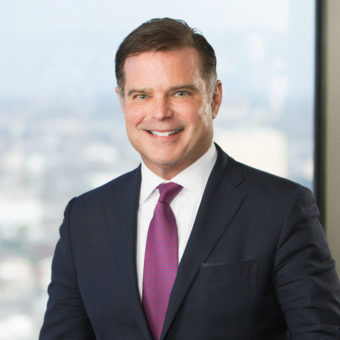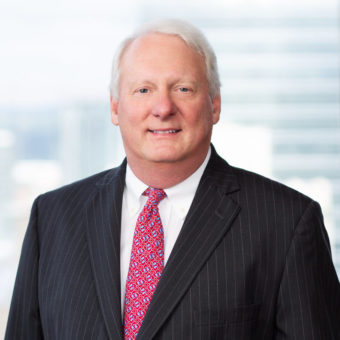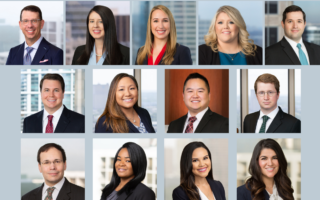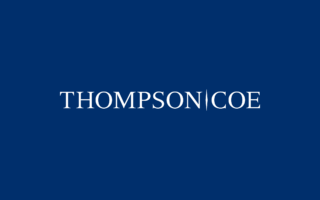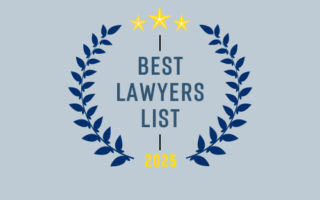Texas Supreme Court Limits Evidence on Medical Expenses
By George (Trey) N. Wilson III, J. Richard Harmon, Jeff D. Otto, • Jul 5, 2011
In Haygood v. Escabedo, No. 09-0377 (Tex. 2010), the Texas Supreme Court held that Tex. Civ. Prac. & Rem. Code § 41.0105, which limits the recovery of medical or health care expenses to “the amount actually paid or incurred by or on behalf of the claimant,” precluded the introduction of evidence of medical bills that had been billed to the plaintiff but that the plaintiff was not obligated to pay.
Charges for health care have evolved into a two-tiered system: (1) the “list” or “full” rate which a health care provider charges to uninsured patients and (2) negotiated reimbursement rates for patients covered by government or private insurance. Texas courts had generally agreed that § 41.0105 limited what a plaintiff could recover, but there had been disagreement over how the statute was to be applied. Some lower courts had held that the plaintiff could introduce bills showing the “full” rate and, after the verdict was returned, the defendant could put evidence before the court that the “actually paid or incurred” amount was less than the billed amount. Other courts had ruled that § 41.0105 precluded not just recovery of medical expenses that neither the claimant nor anyone acting on his behalf was to pay, but also required that evidence of amounts for which the insured was not responsible be kept out of evidence.
The Texas Supreme Court held that the collateral source rule, which has long been used to prevent a reduction in a tortfeasor’s liability because of benefits received by the plaintiff from a third party, could not be used to introduce evidence of medical bills that a claimant would never have to pay. Because a claimant is not entitled to recover medical charges that will not be paid to a health care provider, evidence of such charges is irrelevant to the issue of damages and is not admissible. Only evidence of recoverable medical expenses is admissible at trial, although the collateral source rule will continue to apply to recoverable expenses and the jury should not be told that the expenses may be covered by health insurance.
While the Haygood decision resolves a dispute between the lower courts, it does not completely resolve issues arising from § 41.0105. Some claimants’ lawyers have used letters of protection and other schemes to try to circumvent the limitation of § 41.0105. It is likely that cases involving those issues will get to the appellate courts soon.

